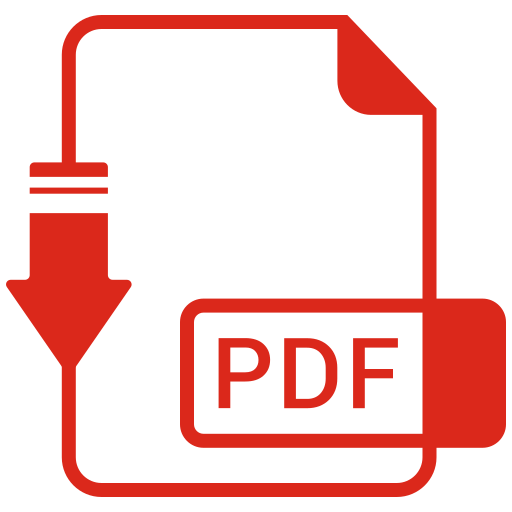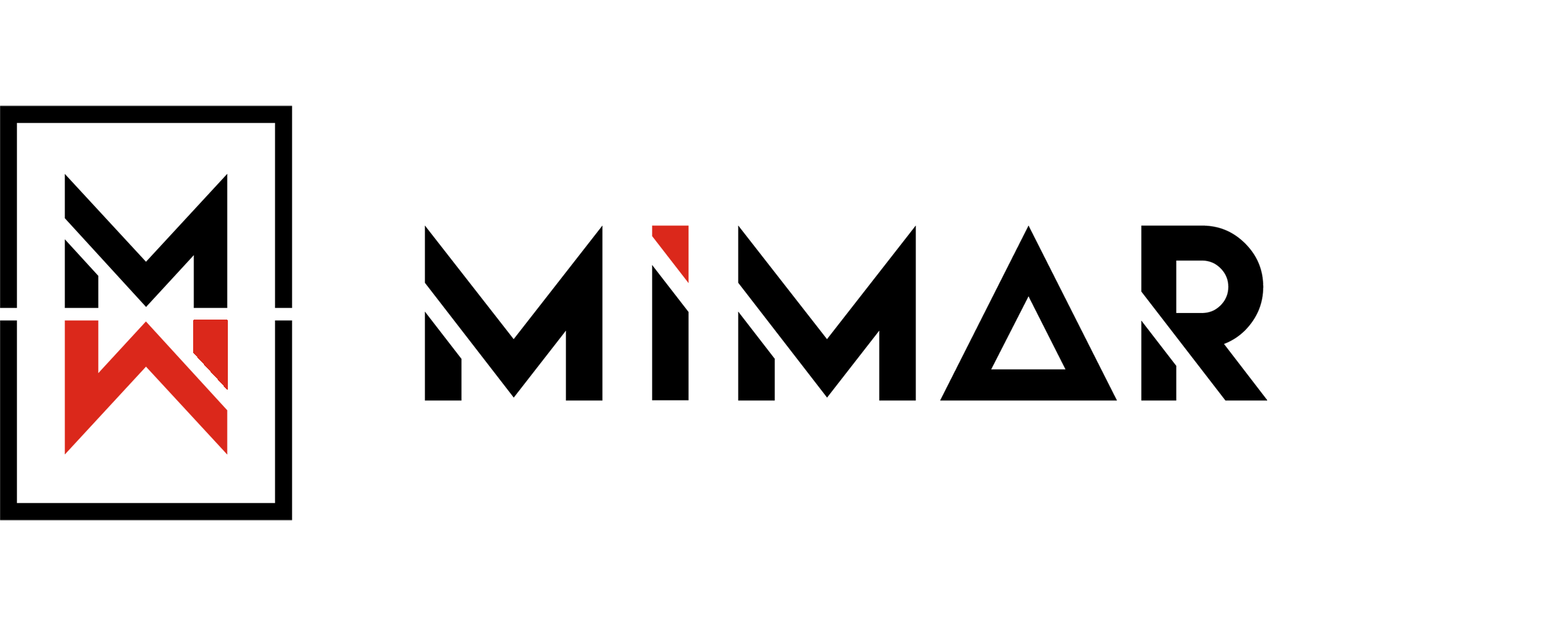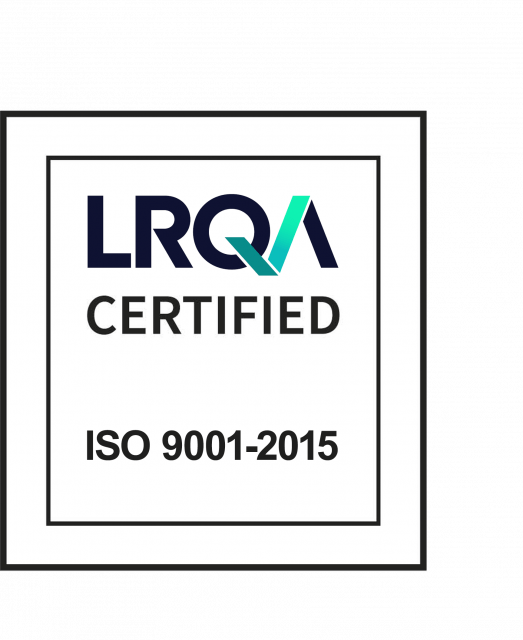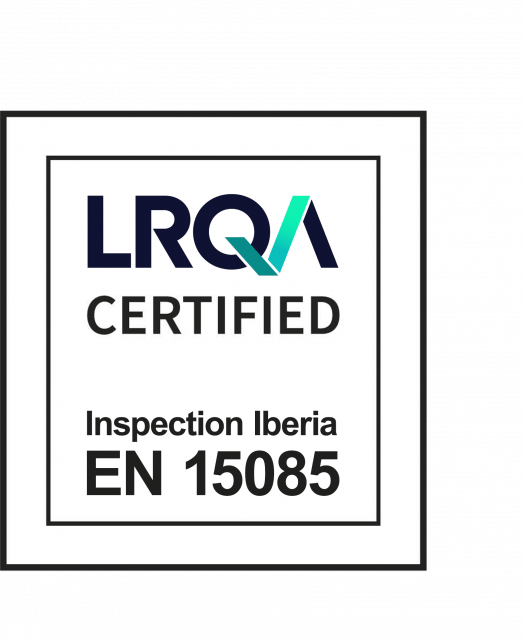Responsible Minerals Policy
Background
Metallic components and parts may contain various minerals necessary for functionality including tantalum, tin, tungsten, and gold (referred to as “3TG”). 3TG are sometimes known as “conflict minerals”1 because of concerns about their mining and sale contributing to armed conflict and human rights abuses in the Democratic Republic of the Congo (DRC). In the U.S., the Dodd-Frank Wall Street Reform and Consumer Protection Act (“Dodd-Frank Act”) requires publicly traded companies to report annually on the presence of conflict minerals originating in the DRC or adjoining countries in the products they manufacture or contract to manufacture.
Concerns about human rights abuses and other risks related to the extraction of minerals beyond 3TG, such as cobalt, and in geographies beyond the DRC are driving an increased demand for greater accountability and transparency in global mineral supply chains.
Laser Mimar’s Commitment
Laser Mimar’s Responsible Mineral Policy aligns with our long-standing commitment to uphold and respect human rights2 for all people, including those who work in our supply chain. Mimar may directly procure minerals from the smelters or sub-suppliers, but in any case, we influence upstream supply chain actors through our policies and practices. Our goal is to work collaboratively through the supply chain to source minerals consistent with our values around human rights, business ethics, labor, health and safety practices, and environmental responsibility. We believe this can be done while continuing to source responsibly from the DRC, other high-risk regions, and artisanal and small-scale mines.
To achieve our goal, Laser Mimar, a JG Automotive Group company is committed to:
- Promote mineral procurement practices that support peaceful economic and community development in conflict-affected and high-risk areas (CAHRAs);
- Require our supply chain to source 3TG and cobalt from smelters and refiners that are conformant to the Responsible Minerals Assurance Process or other cross-recognized standard;
- Conduct due diligence to identify and mitigate risks in our supply chain for 3TG and cobalt.
- Forge partnerships with industry coalitions including the Responsible Minerals Initiative, governments, and civil society stakeholders to address these concerns and develop new solutions for responsible sourcing.
Laser Mimar’s Expectations of Supplier
To support our ethical procurement practices and continue supporting economic activity in CAHRAs, we have developed a set of due diligence and stakeholder engagement activities aligned to the guidelines prepared by the OECD. We require in-scope suppliers to:
- Source 3TG and cobalt only from smelters and refiners validated as conformant tothe Responsible Minerals Assurance Process third-party assessment program or other cross-recognized standard;
- Maintain a policy to assure that the 3TG and cobalt in the products they manufacture do not directly or indirectly contribute to significant adverse human rights impacts in CAHRAs including in the DRC, such as armed conflict, forced and child labor, and environmental degradation.
- Establish their own OECD-aligned due diligence program to achieve responsible mineral supply chains.
- Respond to inquiries for due diligence information, and promptly implement corrective actions identified and requested.
If these requirements are not met, Laser Mimar will proactively work with the supplier to further develop their capabilities in responsible mineral due diligence to ensure alignment to Laser Mimar’s supplier requirements. Laser Mimar will terminate relationships with suppliers that do not make substantive and prompt efforts to comply with our policy.
